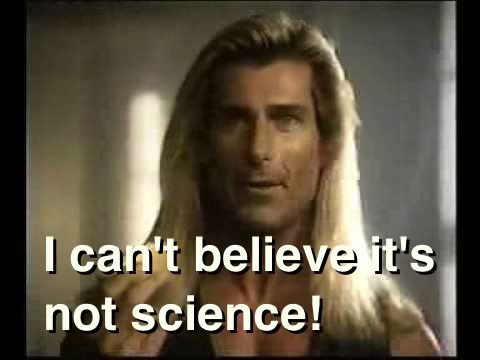I also agree with you on the reason Picard was crying to Deanna, upon telling her about the death of Robert and Rene'. I feel a certain feeling of attachment in this subject.
Does that mean when you have the opportunity to go back in time and prevent the death of your family that you wouldn't do it like Picard did? It's not too far back in time to screw anything up except for Worf's promotion (god forbid that indecent showing of unprofessionalism still plays out like it did). And you would have other chances to make things right like save the station from the Romulan attack and arrest Soran before he starts his star destroying scheme.




